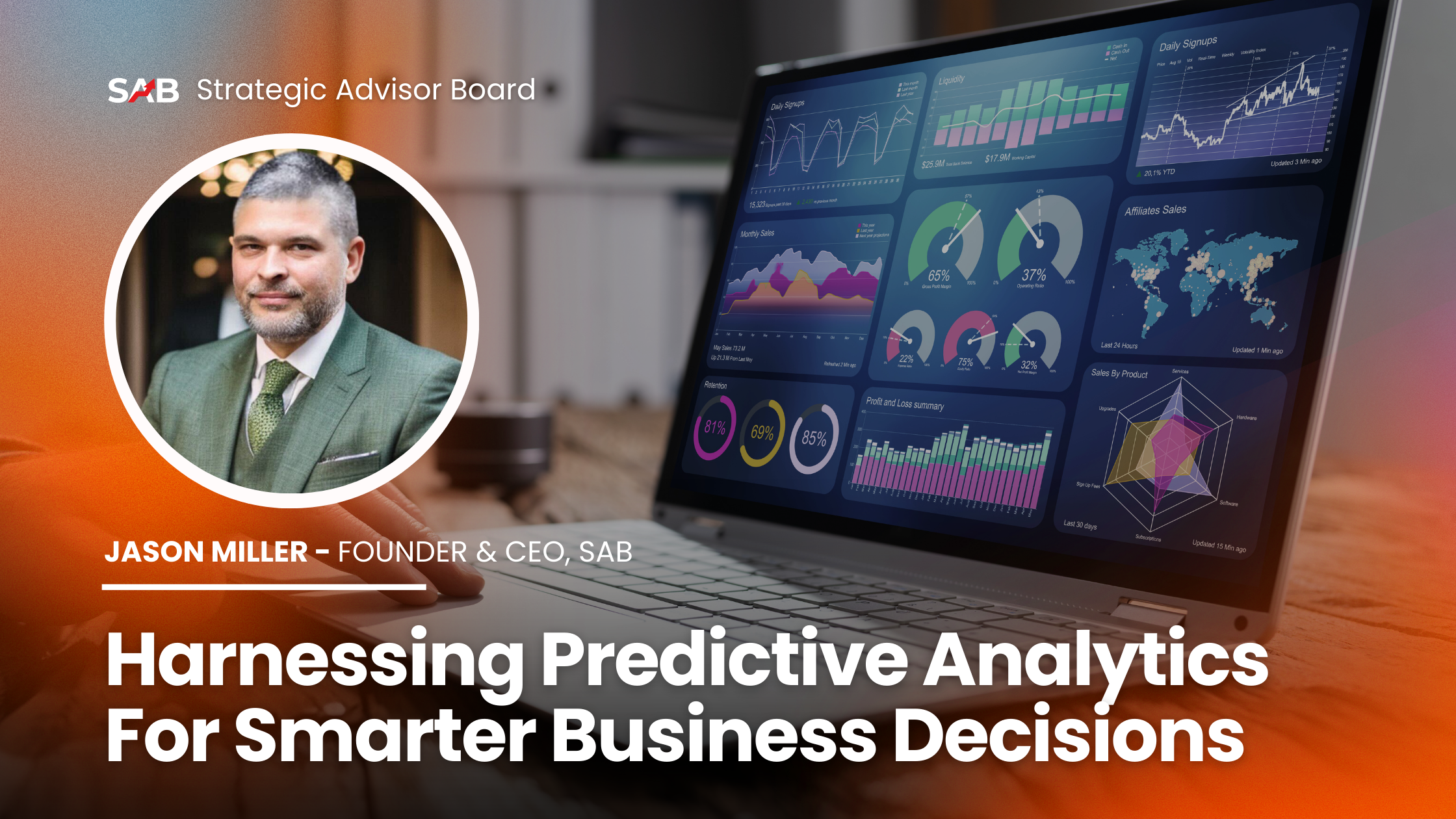
In today's rapidly changing business landscape, the ability to anticipate market trends and customer needs is more crucial than ever. Predictive analytics has emerged as a powerful tool for organizations aiming to make smarter decisions and stay ahead of the competition. By harnessing the power of data, businesses can unlock insights that drive innovation, optimize operations, and enhance customer satisfaction.
Predictive analytics utilizes statistical algorithms and machine learning techniques to analyze historical data and predict future outcomes. This approach helps businesses identify patterns, trends, and potential risks, enabling them to make informed decisions. For instance, retailers use predictive analytics to forecast sales, manage inventory more efficiently, and create personalized marketing strategies that resonate with individual customer preferences.
The technology goes beyond mere data analysis; it provides actionable insights that can profoundly impact a company's strategic direction. For example, financial institutions deploy predictive models to assess credit risk, reducing losses and refining their customer selection process. Similarly, healthcare providers use predictive analytics to improve patient outcomes by anticipating medical events and customizing treatment plans.
Implementing predictive analytics can lead to significant business growth. By predicting customer behaviors and market conditions, companies can proactively adjust their strategies. This preemptive approach allows businesses to capture emerging opportunities, reduce costs, and avoid potential pitfalls.
One of the most impactful applications of predictive analytics is in customer relationship management (CRM). By analyzing customer data, businesses can predict future buying behaviors and tailor their outreach efforts. This targeted approach not only enhances customer engagement but also increases the effectiveness of marketing campaigns and boosts sales.
While the benefits of predictive analytics are compelling, businesses must navigate several challenges to fully leverage its potential. Data quality is paramount; inaccurate or incomplete data can lead to misleading predictions that may harm business decisions. Ensuring data integrity involves rigorous data collection, cleaning, and processing practices.
Privacy and ethical considerations are also crucial. With increasing scrutiny on data usage, businesses must comply with legal standards and ethical norms when using customer data. Transparency with customers about how their data is being used and ensuring it is handled securely can help build trust and maintain a positive business reputation.
Advancements in technology have made predictive analytics more accessible to businesses of all sizes. Several tools and platforms offer predictive analytics capabilities, ranging from sophisticated software for data scientists to user-friendly applications for non-technical users. Choosing the right tool often depends on the specific needs and expertise of the business.
Cloud-based analytics platforms, for instance, provide scalable solutions that can handle large volumes of data without the need for substantial upfront investment in IT infrastructure. These platforms often come with pre-built models that can be customized, making it easier for businesses to start reaping the benefits of predictive analytics quickly.
The future of predictive analytics is promising, with ongoing innovations likely to enhance its accuracy and applications. The integration of AI and machine learning is set to play a pivotal role in this evolution. These technologies enable more complex data analysis and real-time decision-making, opening up new possibilities for predictive insights.
Moreover, the rise of the Internet of Things (IoT) provides a new source of data that can be analyzed to predict everything from maintenance needs in manufacturing to consumer behavior in retail. As more devices become connected, the potential for predictive analytics to provide deeper insights and more accurate forecasts increases significantly.
Predictive analytics represents a transformative capability for businesses seeking to make informed, data-driven decisions. By understanding and anticipating market dynamics and customer needs, companies can position themselves for success in a competitive environment. Although challenges remain, particularly in data management and ethical considerations, the advancements in technologies and tools are making predictive analytics an increasingly attainable goal for businesses looking to thrive in the digital age.
As businesses continue to navigate the complexities of the modern market, those who effectively harness the power of predictive analytics will be best positioned to lead and succeed. The journey to becoming a data-driven organization is complex but undoubtedly rewarding, offering substantial benefits for those willing to invest in their future.
Are you interested in growing your business with little or no work on your part? Check out our 1-Day Power Intensive to see if it’s right for you!
This article was brought to you by: Jason Miller, AKA Jason "The Bull" Miller, Founder/CEO and Senior Global Managing Partner of the Strategic Advisor Board - What has your business done for YOU today?